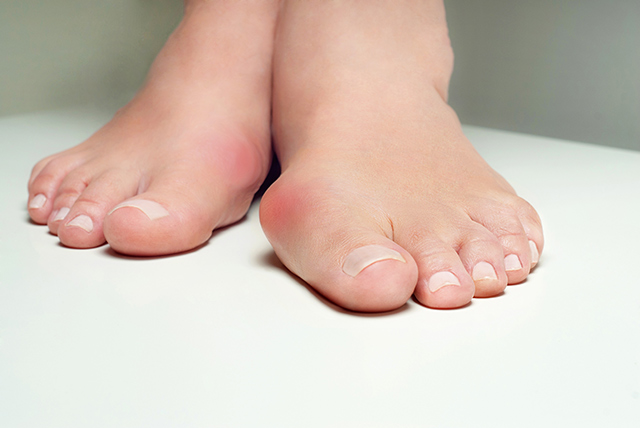Water is banned in 30 New Jersey schools due to lead concerns; Gov. Chris Christie says lead poisoning of children is “overdramatized”
03/10/2016 / By Greg White

New Jersey’s largest school district has shut off water fountains at 30 school buildings due to concerns over elevated lead levels. Meanwhile, Governor Chris Christie said that efforts to protect children already exposed to lead are being “overdramatized.”
Newark Public School decided to temporarily turn off the fountains where elevated levels of lead were recorded, reports the Associated Press. Alternative water sources were used for drinking and food preparation.
Children, infants and fetuses are particularly sensitive to lead. Lead levels that have little impact on adults can have a huge impact on children. The Environmental Protection Agency (EPA) admits that low levels of lead exposure have been linked to cognitive impairment, damage to the peripheral and central nervous system, poor hearing and hinder the formation and functionality of blood cells.
DEP claims drinking water is not itself associated with elevated lead levels
Nevertheless, the DEP said drinking water alone is not usually associated with elevated lead levels. The state Environmental Protection Department claims parents shouldn’t be worried about their children’s water and food consumption at school.
“If the DEP is claiming that drinking lead contaminated water does not increase lead levels in blood, then DEP personnel have probably already been brain poisoned by drinking to much lead and have lost their ability to cognitively function,” said Mike Adams, food testing scientist and author of FoodForenics.com.
The district alerted the DEP that annual testing discovered lead levels from non-detect to above limits set by the EPA, which is 15 parts per billion. The DEP said lead had not been detected in the city ‘s water supply.
Support our mission and protect your health: Organic Seeds of Life combines Red Raspberry Seed Power, Black Cumin Seed Power and Red Grape Seed Powder into the most potent nutrient-rich supplemental superfood powder you've ever experienced. Loaded with flavonoids, antioxidants, anthocyanins, OPCs, ALA and a vast array of vital nutrients. Learn more here.
Visit FoodForensics.com to learn more about test levels of lead, arsenic, cadmium, mercury, and more in common foods and additives.
New Jersey’s growing lead problem
Lead poisoning has become a growing problem in New Jersey over the years. State records reveal that approximately 225,000 children have had lead poisoning since 2000. Last year, approximately 3,426 children tested positive for lead poisoning. The state claims that the number of children inflicted by high lead leaves has significantly decreased from the 27,000 noted in 2000. New Jersey is one of 17 states that mandates children to be screened.
Jen Tittel, direct of the Sierra Club’s New Jersey chapter, explained to sources that lead levels can vary depending upon when and where they are tested. Lead levels peak shortly after exposure. Children who live in urban areas tend to have higher lead levels than children from suburban areas. Tittel has stated in the past they found lead levels in Camden and Newark, New Jersey, that were higher than those found in Flint, Michigan.
In an effort to address the state’s lead problem, law makers are attempting to advance proposals that would protect New Jersey’s children from lead poisoning. Gov. Chris Christie vetoed previous efforts to increase lead abatement in January on the grounds that the state already spends million of dollars a year to protect children from lead poisoning. The governor has since stood by his decision.
“First of all this has been an over-dramatized issue,” said Christie. “You cannot fund everything. So make some choices and I will certainly be willing to consider that along with everything else that comes about.”
During a press conference last week, Christi was asked about his decision in January to veto the supplemented bill, which would have devoted $10 million to the removal of lead paint in old houses throughout the state.
“It was supplemental spending, and I have never done supplemental spending six years as governor,” Christie said, according to NJ.com. “If they think that’s really important, they should put it in the budget.”
“This has been an overdramatized issue. The fact is New Jersey has a fund that helps to pay for this over a period of time and it has been funded,” he added.
Sources include:
(1) ProvidenceJournal.com
(2) FoxNews.com
(3) Pix11.com
(4) NyDailyNews.com
(5) RT.com
(6) NJSpotLight.com
(7) APP.com
Tagged Under: Environmental Protection Department, lead poisoning, Newark Public School




















